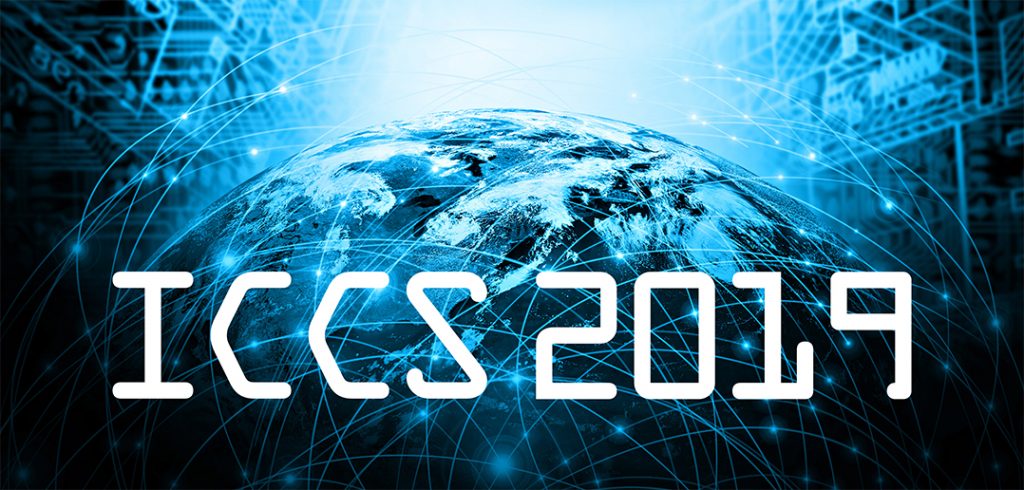For more than a decade the International Conference on Cyber Security (ICCS), sponsored by the Federal Bureau of Investigation and Fordham, has grown to become one of the premier international events on cybersecurity. This year’s conference will take place from July 22 to 25 at Fordham Law School.
Frank Hsu, Ph.D., the Clavius Distinguished Professor of Science in Fordham’s department of computer and information science, acknowledged that such conferences have become much more commonplace than when he and others first conceived of the ICCS about 10 years ago. Back then, he worked with Anthony Ferrante, FCRH ’01, GSAS ’04, senior managing director at FTI Consulting, and Dorothy Marinucci, Fordham’s associate vice president for presidential operations, to create a conference that would be useful for law enforcement, academia, and cyber experts in the private sector.
“Cybersecurity as a discipline was still evolving and we had a hunch that this sort of conference could be very big,” said Hsu.
Today, the conference fills three days, offering timely lectures by top names in the field. This year’s schedule features several keynote speakers, most notably Christopher R. Wray, director of the FBI. Wray will offer the final words of the conference at noon on July 25. On July 23, Gen. Paul M. Nakasone, commander, U.S. Cyber Command and director, National Security Agency/chief, Central Security Service, will talk with journalist Ted Koppel in a fireside chat.
There will also be sessions on emerging technologies, best practices, and law enforcement, with most presenters drawing on their real-world experience. Among the panel topics will be cyber risks to election systems and critical infrastructure as well as a review of international cyber investigations.
With other venues to choose from, Marinucci said several factors keep the cyber community coming back to Fordham, not the least of which is its modest scale and impressive talent.
“It’s not overwhelmingly large; it’s not a cast of thousands that would prevent the level of interaction we have here,” said Marinucci. “We have people who are active leaders at the top of their field—both the speakers and the attendees are key decision makers.”
Indeed, several bold-faced names will make the pilgrimage to Fordham Law, Christopher Krebs, the first director of the Department of Homeland Security’s Cybersecurity and Infrastructure Security Agency (CISA); and Marc D. Gordon, executive vice president and CIO at American Express will both speak on July 25.
While many of the names featured on the schedule frequently find their way into the daily newspapers, there will be plenty of academics presenting their latest research findings.
A July 23 lecture titled “How Smart is Your Smart Phone?” will be delivered by Md Zakirul “Alam” Bhuiyan, Ph.D., assistant professor in Fordham’s Computer and Information Science department. Bhuiyan will examine recent research that could allow smartphone users to detect when their devices are being hacked when using WiFi. A July 24 panel on blockchain security will feature researchers from other universities, including Wojciech Cellary, Ph.D., of Poznan University in Poland. He will be joined by Stuart Haber, Ph.D., a renowned cryptologist at Hewlett-Packard. Later that afternoon, Ruby Bei-Loh Lee, Ph.D., the Forrest G. Hamrick Professor in Engineering at Princeton University, will examine how hackers hack into microchips at the microprocessor level.
With more than 30 countries represented, including Montenegro, Brazil, Costa Rica, Canada, Ukraine, and Japan, representatives from private and public sectors will more than legitimize the program’s international moniker.
“To pull off a conference like this you need a stellar partner,” said Marinucci, referring to the FBI. “As always, they help us deliver the best of the best. And as always, we hope to inform educate, and entertain.”
For more information and to register, visit the conference website.

